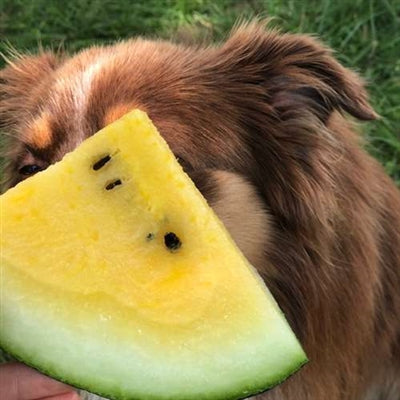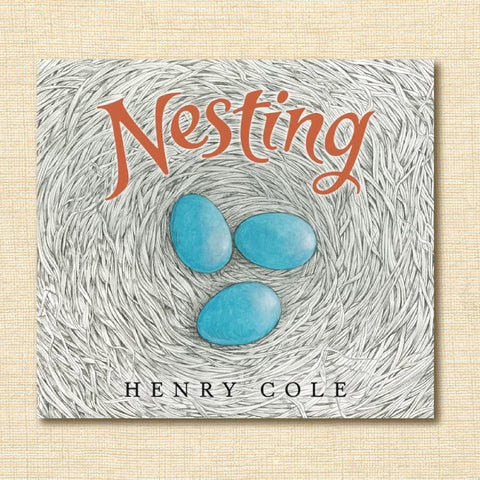Seeds - Watermelon, Honey Island OG (F)
$4.99
This item may be out of season or currently out of stock. Please check back.
Description: There is something special about yellow-fleshed watermelons! First of all, it is fun to add some variety to the mix but most importantly the flavour: so sweet and satisfying. Honey Island is a round ice-box-style watermelon that averages 5 lbs.
Pack Size: 15 seeds
Latin Name: Citrillus lanatus
Main Uses: Culinary
Days to Maturity: 83 days
Exposure: Full sun
Height: Vine
Certified Organic: USDA Certified Organic
Germination: 5 - 10 days at 22 - 25° C.
Indoors: Watermelons do best when started indoors in short-season climates, as they require warm soil and a long growing season to yield well.
Sow directly into a minimum 7.5 cm (3") pot and use containers that are biodegradable and can be planted into the soil outdoors. Sow three seeds per pot, and thin to the strongest seedling when plants are about 7.5 cm (3") tall. Bottom heat will encourage strong root development for watermelon seedlings and is recommended. Sow indoors 3 - 4 weeks before the average last frost date but not earlier - watermelons become unruly if kept indoors for too long!
We recommend applying a kelp supplement such as Sea Magic starting at the time of sowing, then weekly through the growing season. A transplant fertilizer such as Evolve Seedling starter can be alternated with the kelp on a bi-weekly basis once the second set of true leaves has emerged.
Transplant Spacing: Watermelons are often planted into little hills - ideally of 2/3 compost, 1/3 soil - and hills are spaced 90 cm (36") apart. Up to three transplants can be planted into each hill. Plant into the ground outdoors only after the soil has warmed to 18 - 20˚C (typically by the second week of June in southern Manitoba). Black bio-film or other dark mulch can be laid over the soil a week or two before planting to warm the soil faster.
Growing in Containers: Watermelons are not well suited to pots simply because they grow so many rambling vines. However, some gardeners find great success allowing watermelons to spill out of larger planters all over a deck or patio where the fruit will be supported as they develop.
If you decide to grow watermelon in pots, use a mix of 2/3 compost, and 1/3 potting soil, and be sure pots have drainage holes.
Fertilizing (Garden): Watermelons are heavy feeders and thrive in rich soil. Amend your soil with quality compost ahead of planting. We recommend Sea Soil mixed with 1/3 garden soil and made into small mounds. Applying a kelp supplement on a weekly basis will reduce drought stress, and is a good addition to bi-weekly feeding with an organic veggie fertilizer such as Evolve Tomato 3-2-2.
Watering (Garden): Watermelons require frequent watering when getting established but develop a strong root system and require less watering once grown in. Many growers mulch with straw around watermelons, which further reduces watering requirements and also suppresses weeds.
As the fruits get close to maturity (look for changes to the light-coloured spot where melon touches the ground - it will change from white to a warm yellow at maturity), cut back on supplemental watering to increase sugar content in the fruit.
Suitability for Indoors: Not suited for indoors.




